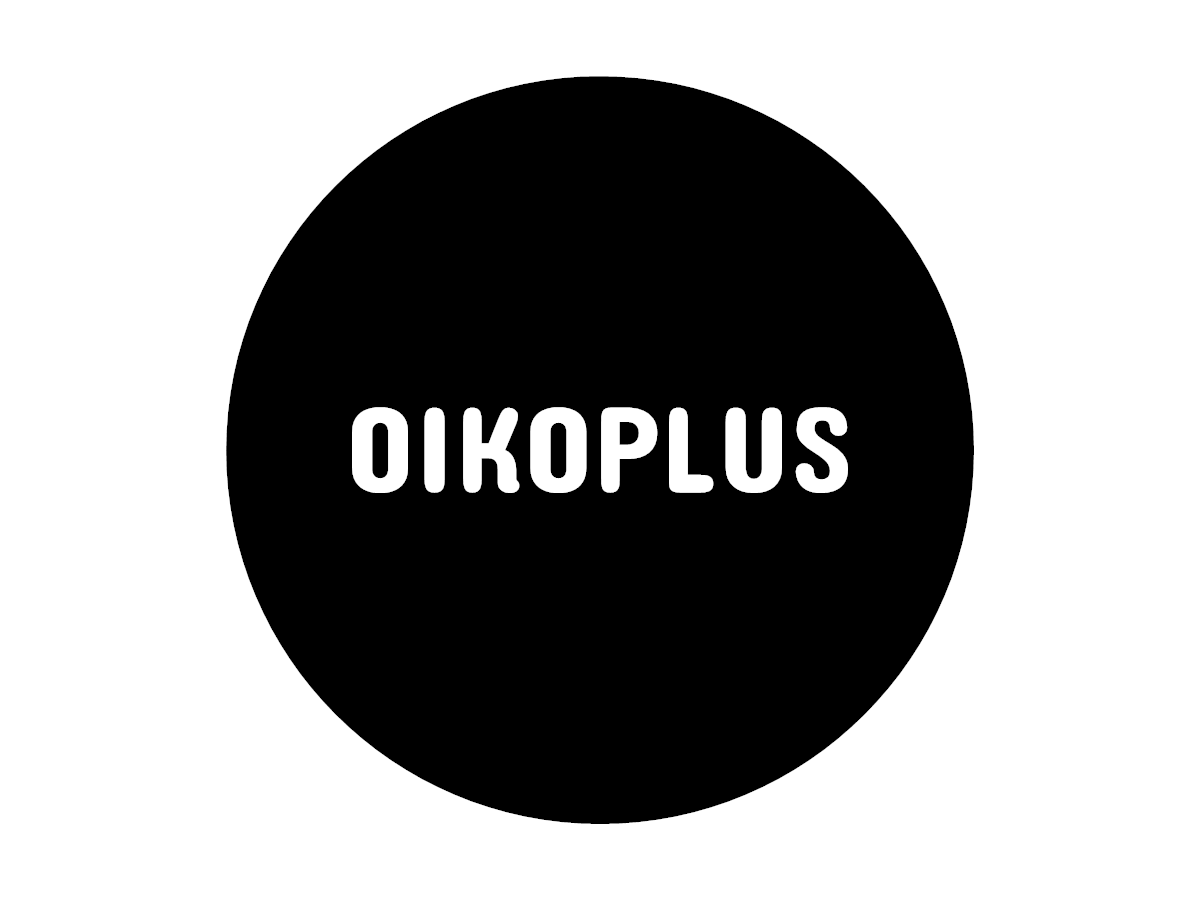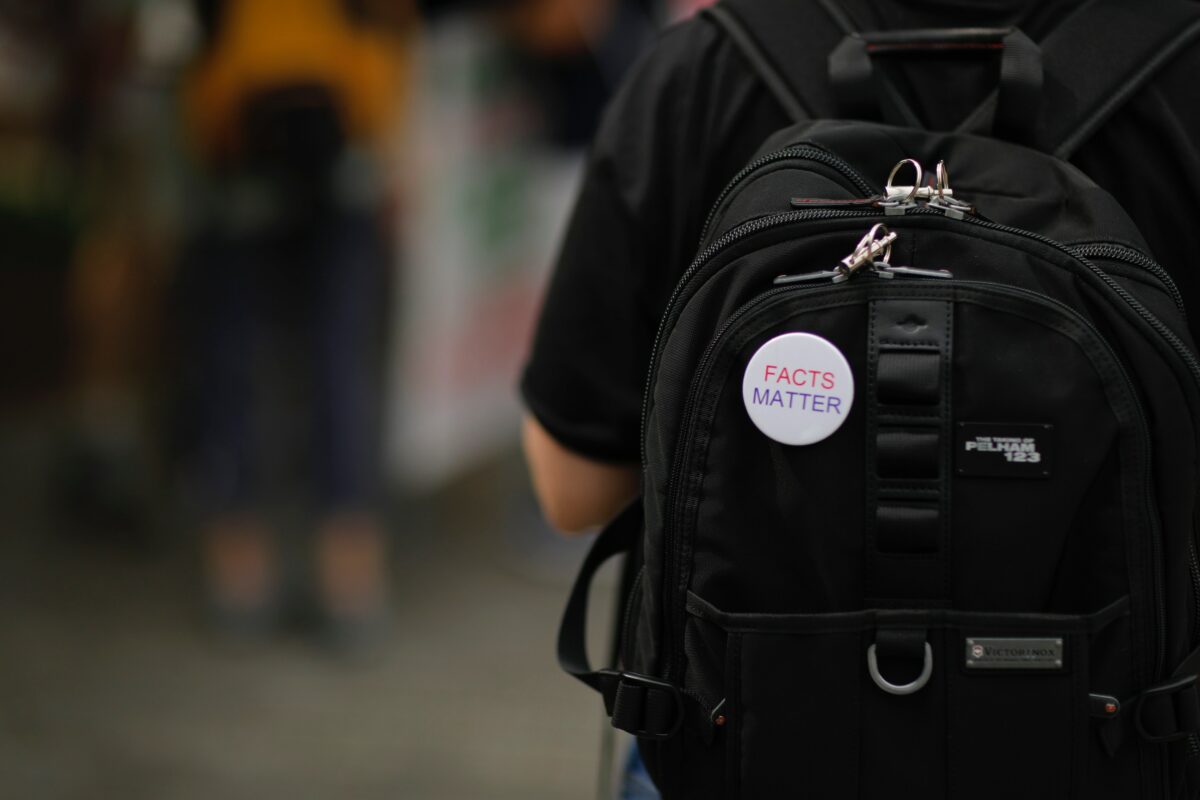Truth does not have the best reputation at the moment. Is there any truth in science at all? How true can evidence-based policy be? And what is truth anyway?
Behind this Reading List lies my own longing for truth in science AND politics. As a scientist, communication expert and filmmaker, I take you along on my own quest.
I wish you inspiring reading,
Ina Ivanceanu, CEO Oikoplus
Tempting as it is, this begins neither with Corona nor with Trump, but with one of the invariably good anthologies published by the German Federal Agency for Civic Education. The clever little volume is simply titled “Truth” (2017) – seven texts on the connections between experience, reality, knowledge and credibility. Sociologist Peter Weingart writes about a consensus in science: namely that “truth” in the sense of scientifically proven facts is also a matter of social “constructions”. Knowledge production always remains an incomplete process that lives from contradiction, interaction, discourse, negotiation and consensus building. So it is all a question of interpretation? Are facts arbitrarily changeable, relative and therefore not binding or relevant to action? Not at all. Using the discussion about the human contribution to climate change as an example, the author shows that opinions cannot be played off against research results – they find their limit at the latter.
Back in time and yet highly topical: the thoughts of the political theorist and publicist Hannah Arendt on the impotence and power of truth. In her essays “The Lie in Politics” and “Politics and Truth” (first published in German in 1969), she stated that what is true cannot be determined by politics, which tends to be “at war” with truth. Conversely, Arendt defended politics, whose practice gave people the only opportunity to “change the world.” A current paperback edition is available from Piper Verlag, and there is an exciting treatment of it by Judith Zinsmaier on the philosophy blog “praefaktisch.de“.
How far can science determine political decision-making in a state of emergency like the pandemic? In his May 2020 article “Lessons from an unfolding emergency”, Czech author Jiří Přibáň asks: What happens when the boundaries between public opinion – which is stuck in complete uncertainty, and evidence-based knowledge – which is supposed to please point the right way, become blurred? While scientific knowledge is never definitive, a political decision is irreversible and can have unforeseeable consequences. The calm voice of science, says Přibáň, paradoxically has to appear in the pathos of political conviction when it comes to convincing the public of the sense of certain measures.
The online portal Eurozine, which published Přibáň’s text, is currently one of the most exciting media projects: A network of over ninety European “cultural journals” from Portugal to Russia, from Sweden to Greece, which curates and translates the best articles of all media partners in thematic focuses. Here, for example, is the link to the focus “Information: A public good” with 23 articles on it. A stimulating and high-quality collection.
Science and politics often seem to merge in the pandemic. Sections of the population see this amalgam as the figure of an elite that wants to exploit the immaturity of the citizen. But what distinguishes science and politics? Mitja Sienknecht and Antje Vetterlein from the Social Science Research Center Berlin refer to Niklas Luhmann in their article “Scientific Truth and Political Responsibility”: Politics make collectively binding decisions and assume political responsibility. Science gains knowledge and strives – ever further – for truth. In the political system, communication is structured along the distinction between power/powerlessness or government/opposition. In contrast, the central code in the science system is truth/untruth, which normally does not play a dominant role in politics, here Luhmann agrees with Arendt. He sees politics and science as two independent systems that enter into exchange – for example in the form of scientific advice on the basis of which political decisions are made. The situation of the pandemic complicates this connection, the authors write: “While politics is now more urgently than ever dependent on the expertise of science (…), science is far from being able to present conclusive data, as the controversial different results of studies on the Corona infection rate of children show.” In science, the revision of a position is precisely not an expression of weakness, but its everyday business. But what is important in times of a pandemic? Political responsibility means not hiding behind science, but rather facing up to these uncomfortable questions – in other words: making politics.
How should politics NOT be made in the sense of truth? Here are two text gems:
1. The legendary booklet “Bullshit” (Suhrkamp 2014 in German) by the emeritus Oxford professor Harry G. Frankfurt: an angry and cool philosophical bestseller, also in the USA. The analytical philosopher elevates the expletive to a weighty epistemological technical term: “bullshitting” as highly dangerous talk in which the speaker does not care whether his statements are true. An indispensable foundational work in applied stupidity research.
2. The New York Times meticulously analysed the 77 days of Donald Trump’s “Election Lie” at the end of January and revealed how much planning and strategy was behind it: Eye-opening.
This little reading tour ends with an artistic recommendation, namely for the online programme “True Fake””: a seies of films that explore the relationship between truth and fiction, art and science, and question the naive notion of objective truth. A programme from the equally renowned and exciting artistic platform E-Flux, accompanied by its own e-journal. The films can be seen from 9.2 to 20.4 this year, including the new project by my multi-award-winning film friend Manu Luksch: ALGO-RHYTHM, a hip-hop musical against automated propaganda, featuring Gunman Xuman, Lady Zee, OMG. Don’t miss!
From our projects – at a glance
In the ArcheoDanube project, in which Oikoplus is involved together with the Sustainication e.V. association, the basic study on cultural heritage and cultural tourism has now been completed. We are currently working on a guide for the design of local archaeological parks. News can be found here.
In the SYNCITY project, there are new Cureghem Tales, with a special recommendation for the cold weather in February: Madame Zouma and her ginger juice. And we are in the final spurt for the texts of the Urban Innovation Toolbox: Hands-on ideas and inspiration for participatory and sustainable urban regeneration, available from May.
And the Horizon 2020 project EnergyMEASURES focusses on simple and low-cost strategies to help households that experience energy poverty. Unfortunately, the pandemic is currently making it difficult to work directly with affected households as planned. News can be found at energymeasures.eu.


